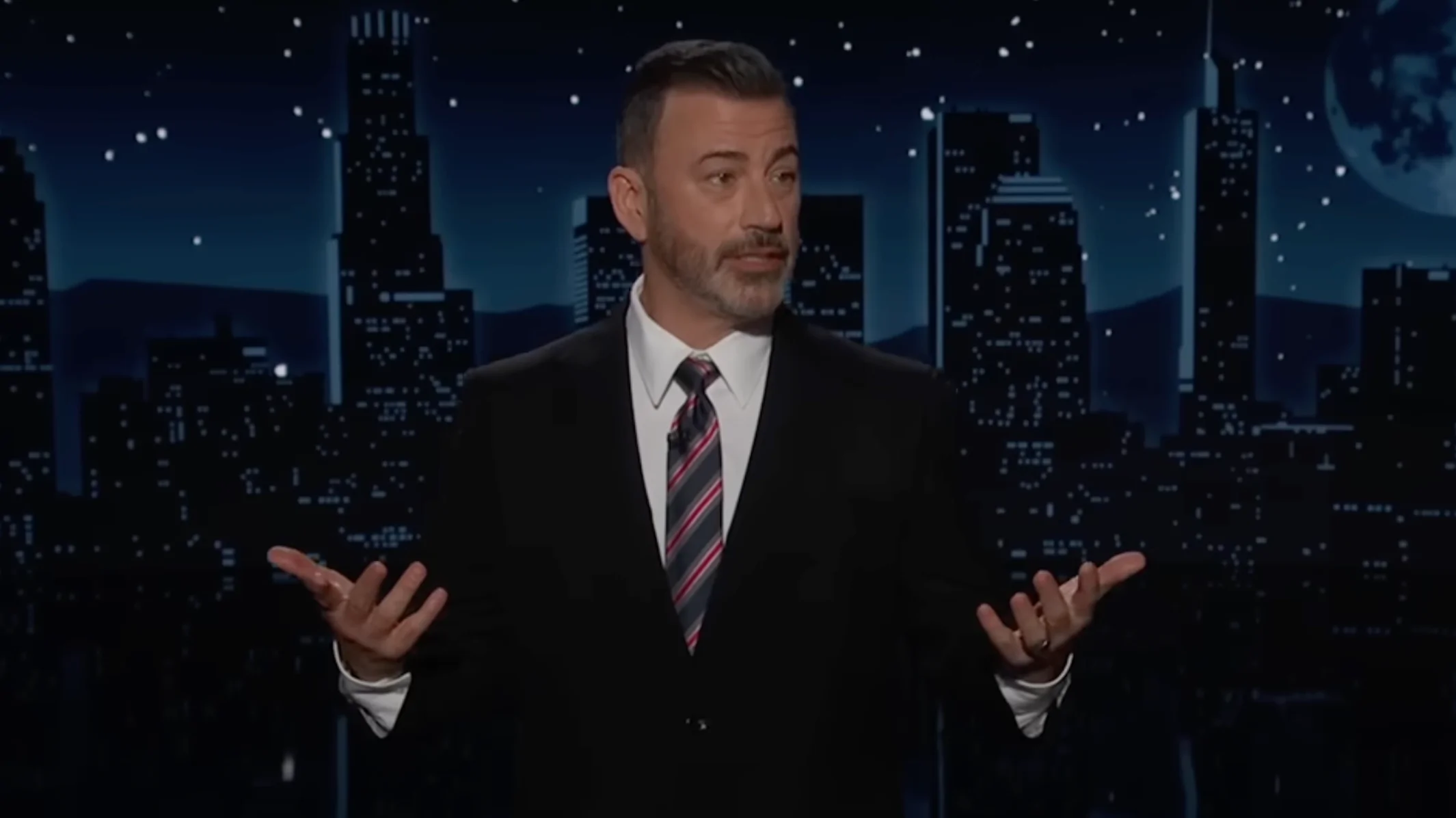
Brendan Carr, the head of the Federal Communications Commission, will testify before the Senate Commerce Committee after comments he made about *Jimmy Kimmel Live!* sparked a nationwide discussion. The debate centers on free speech, potential political bias, and how regulators should oversee today’s broadcasting.
The testimony of Carr, backed by the Senate committee led by Senator Ted Cruz of Texas, arrives as more attention is being paid to how government, broadcasters, and entertainment companies deal with controversial political speech on television and radio.
The Comments That Triggered It All
On September 17th, Carr discussed Jimmy Kimmel’s comments on television regarding the Charlie Kirk incident on a conservative YouTube show. He responded to Kimmel’s claim that the person accused of attempting the assassination was a conservative and supporter of President Trump, stating that this information was inaccurate.
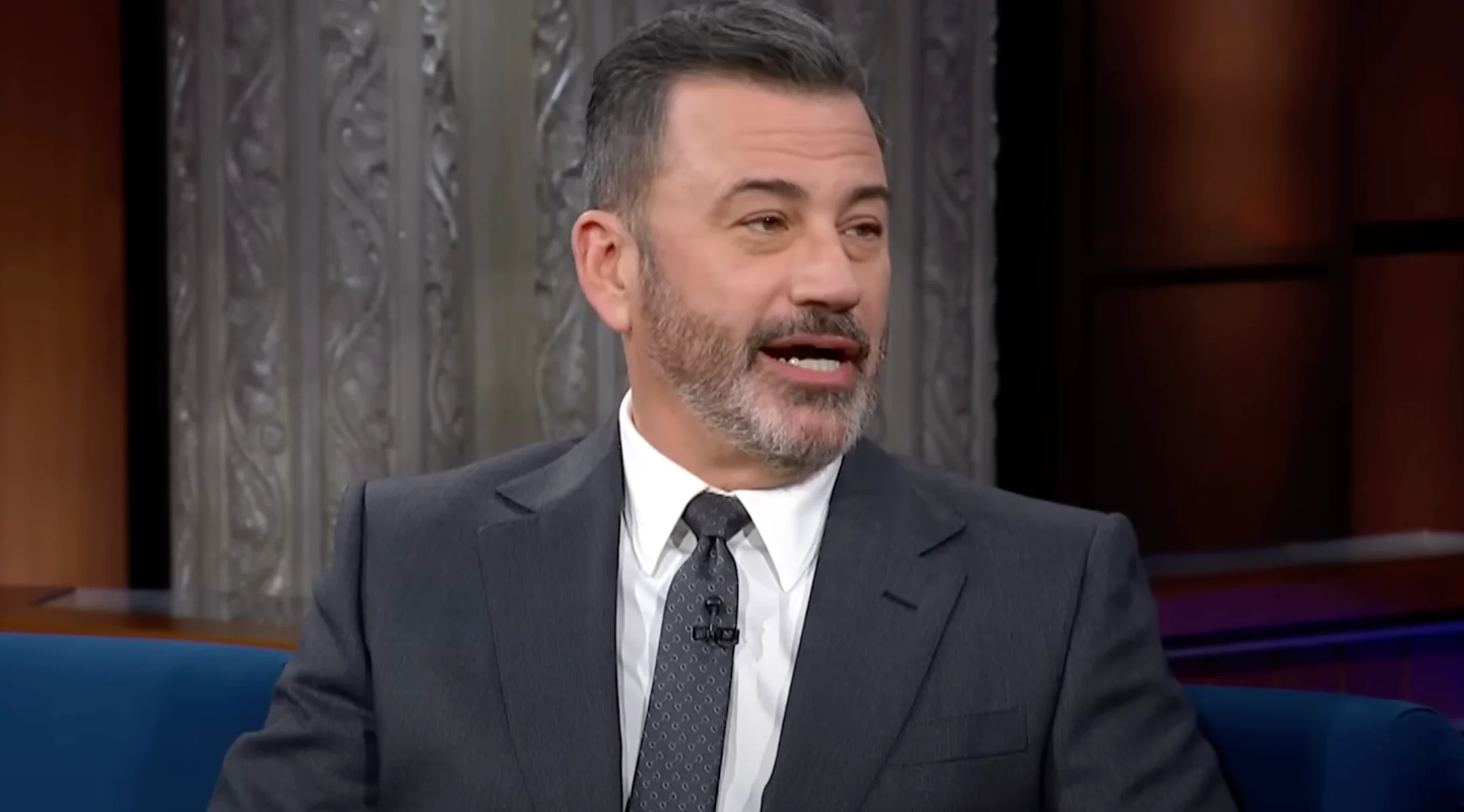
During the conversation, Carr explained that companies involved could either voluntarily adjust their behavior, for example, regarding content on the Kimmel show, or the FCC would be compelled to take further action.
Some people saw those comments as a warning that the FCC might review the licenses of TV stations broadcasting *Jimmy Kimmel Live!*. Others argue that Mr. Carr was simply reiterating the FCC’s existing rule that broadcasters have a responsibility to share accurate information with the public, especially when using publicly owned airwaves. He was reminding them to act responsibly.
Carr explained that he didn’t mean to sound threatening and said the claims of censorship were completely untrue.
From Comments to Consequences
The reaction was immediate. Within days, two large groups of TV stations – Nexstar and Sinclair – announced they would stop airing Jimmy Kimmel’s show on their ABC stations, with no set date to resume. While both companies claimed they made the decision on their own, many in the industry wondered if comments from a regulator had played a role in their choices, given how quickly the announcements followed.
Following the public backlash, Disney, the parent company of ABC, put *Jimmy Kimmel Live!* on indefinite hiatus.
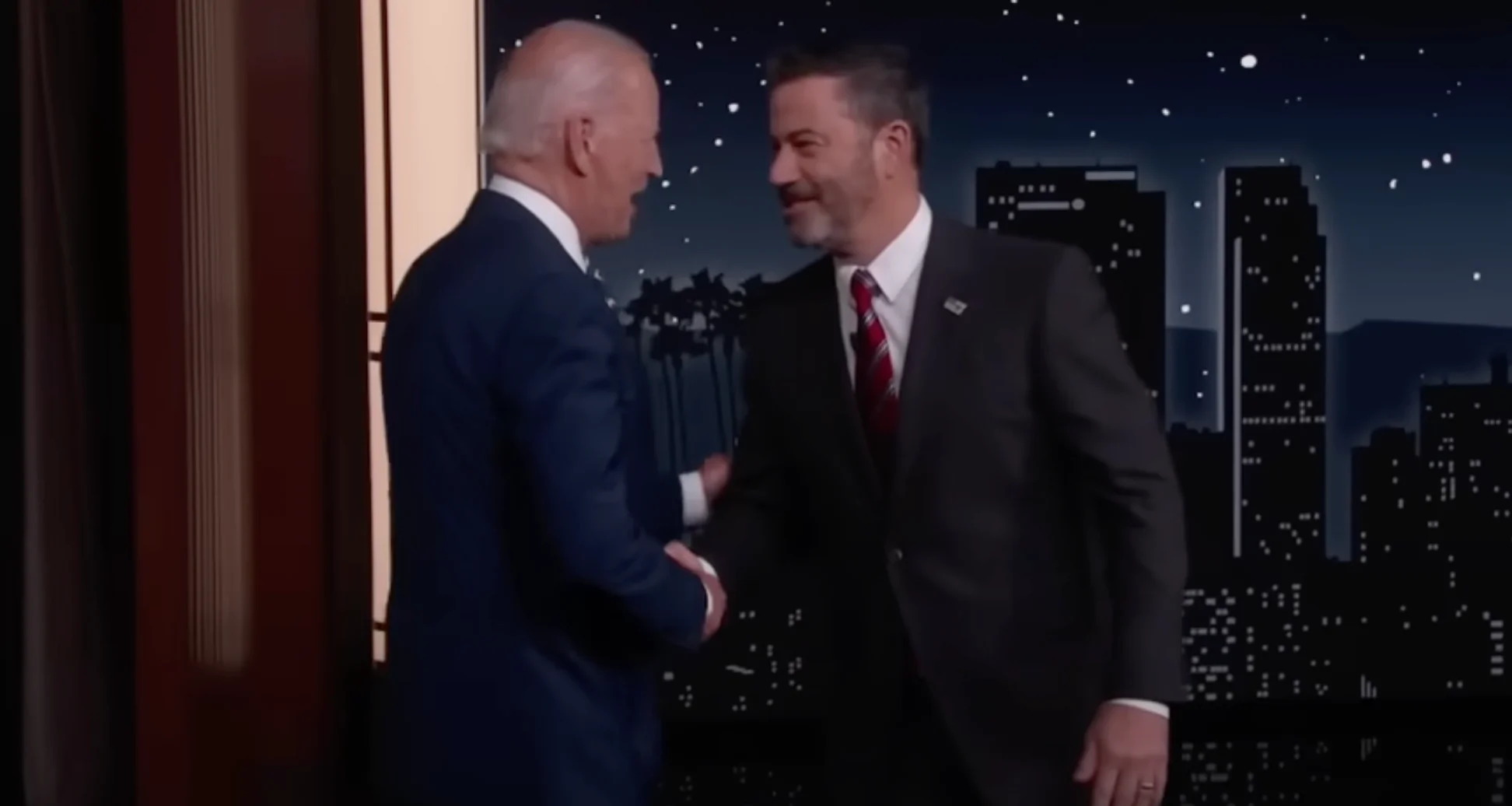
The decision didn’t last long. Public outcry quickly followed, with protests at Disney’s offices and a flood of criticism on social media. Within a week, Kimmel’s show was back on the air, both on the main network and its local affiliates.
The episode raised difficult questions for the entertainment industry: Was Disney motivated by a commitment to its values, response to public opinion, or concern about potential regulations?
Cruz and Congress Step In
The Senate Commerce Committee, responsible for overseeing the Federal Communications Commission, is scheduling a meeting to ask Commissioner Carr about his recent statements and what they mean.
Even though Senator Ted Cruz is a Republican, he was quick to point out that Carr’s remarks were poorly worded.
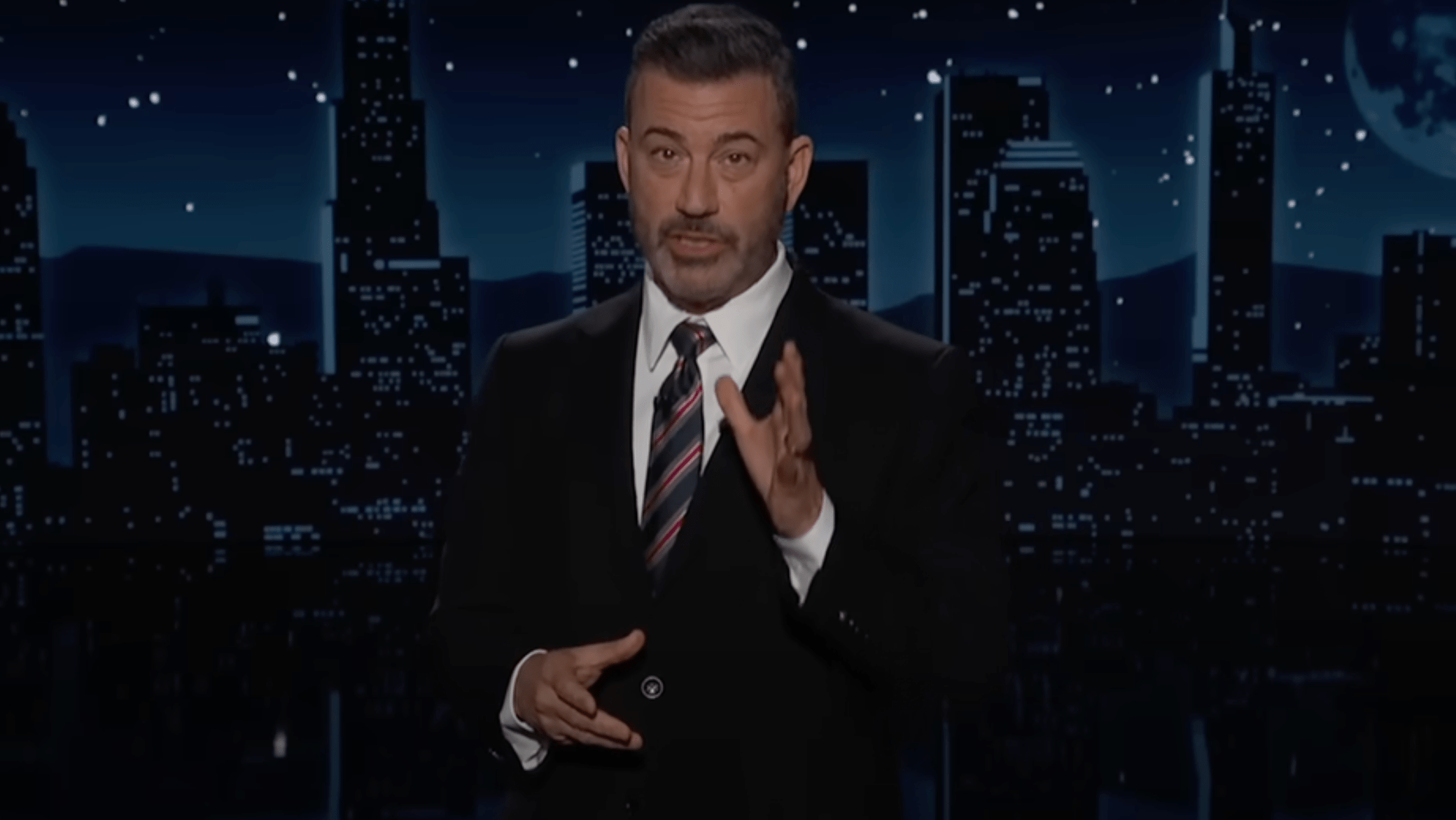
On his podcast, *Verdict*, Ted Cruz expressed strong concerns about the government regulating speech, stating that it’s incredibly risky for the government to decide what can and can’t be said. He believes this power is “dangerous as hell.”
However, Cruz has also admitted that many Americans are understandably upset by news programs that mix political opinions with reporting and entertainment – a sentiment that Carr’s remarks appeared to reflect.
Free Speech or Accountability?
Those who support Carr believe the criticism he’s facing is overblown, stemming from a media industry that doesn’t like being challenged. They contend that Carr simply pointed out that broadcasters’ free speech isn’t unlimited, particularly when it comes to spreading false information, covering tragedies, or discussing politics on the air.
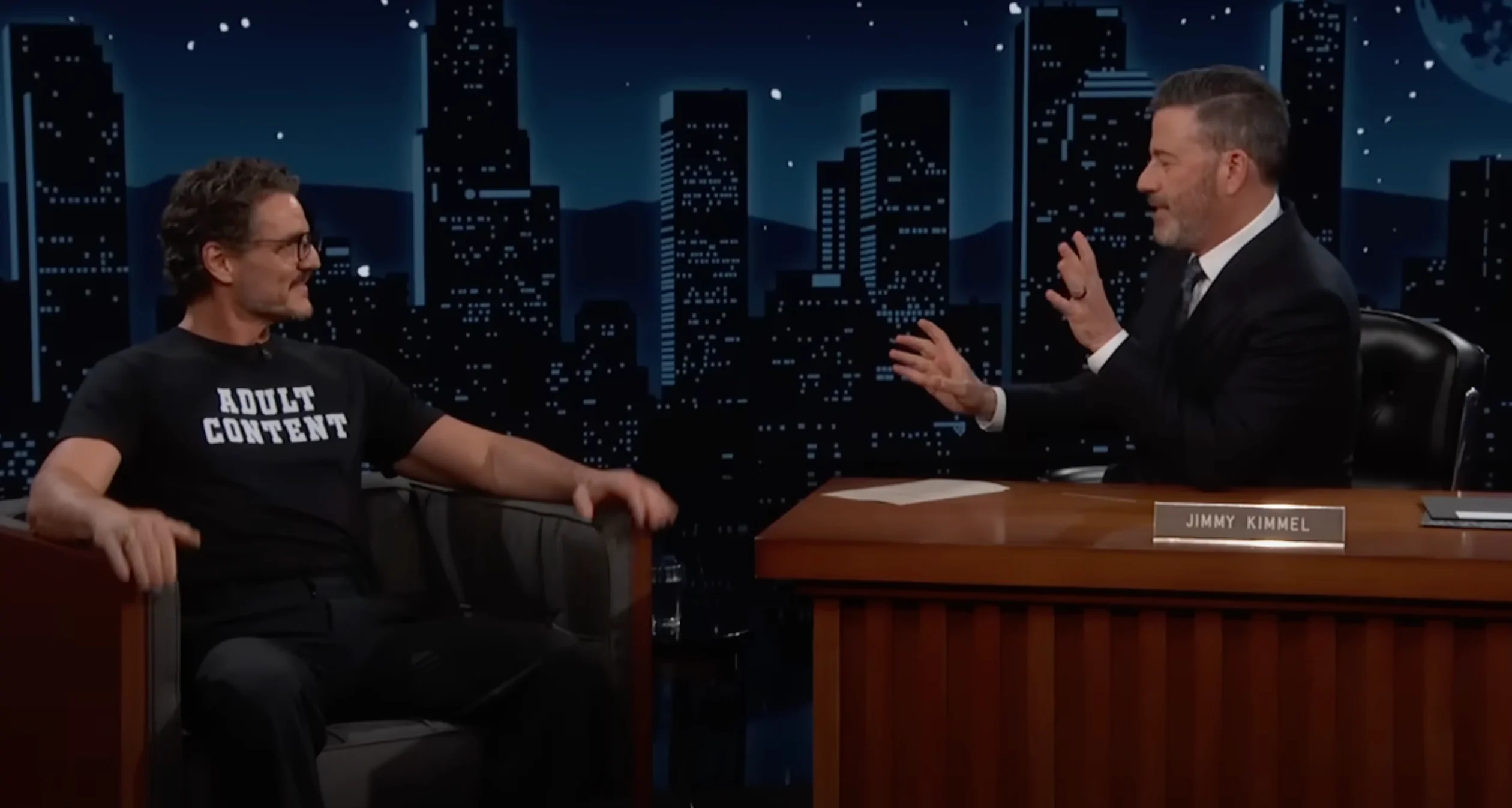
Even the appearance of the government trying to control what’s shown on television or online worries his opponents. They insist that regulators need to stay completely neutral, even when faced with content that is shocking or biased.
Carr now faces a difficult balancing act: he needs to encourage responsible content from broadcasters without seeming to control what they say.
Why This Hearing Matters
The upcoming Senate testimony will likely explore:
- Whether Carr’s remarks were a legitimate expression of regulatory concern or an overstep into editorial territory.
- Whether ABC and its affiliates acted independently or felt pressured by government oversight.
- And whether this episode sets a precedent for future show suspensions or politically motivated interference.

A lot is on the line, not only for Chairman Carr and the FCC, but for anyone involved in media – from networks to content creators – as they deal with the often-turbulent mix of politics, entertainment, and maintaining public confidence.
The Broader Takeaway
The disagreement between Kimmel and Carr highlights a central problem in today’s media: figuring out the line between holding people responsible for their words and unfairly silencing them.
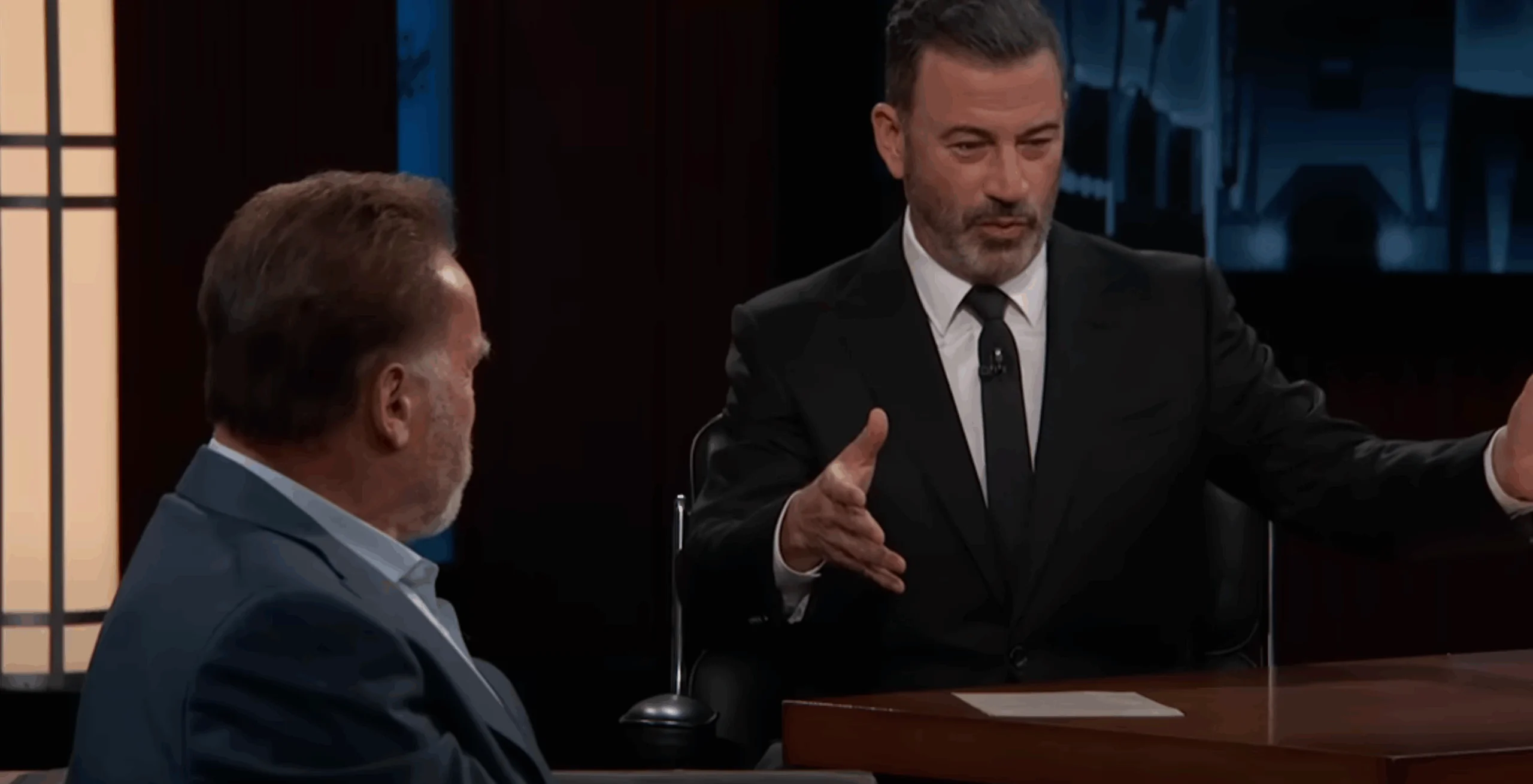
Those who disagree with Carr worry about the government overstepping its bounds. His advocates, however, believe he’s a unique public servant who’s holding powerful media companies accountable.
Whether or not Stephen Colbert faces consequences, the upcoming Senate hearing isn’t simply about a single comedian. It’s a crucial discussion about how far free speech can go on television and radio in the United States.
Read More
- All Golden Ball Locations in Yakuza Kiwami 3 & Dark Ties
- Hollywood is using “bounty hunters” to track AI companies misusing IP
- NBA 2K26 Season 5 Adds College Themed Content
- What time is the Single’s Inferno Season 5 reunion on Netflix?
- Gold Rate Forecast
- Mario Tennis Fever Review: Game, Set, Match
- Beyond Linear Predictions: A New Simulator for Dynamic Networks
- Pokemon LeafGreen and FireRed listed for February 27 release on Nintendo Switch
- Exclusive: First Look At PAW Patrol: The Dino Movie Toys
- Train Dreams Is an Argument Against Complicity
2025-10-08 15:58